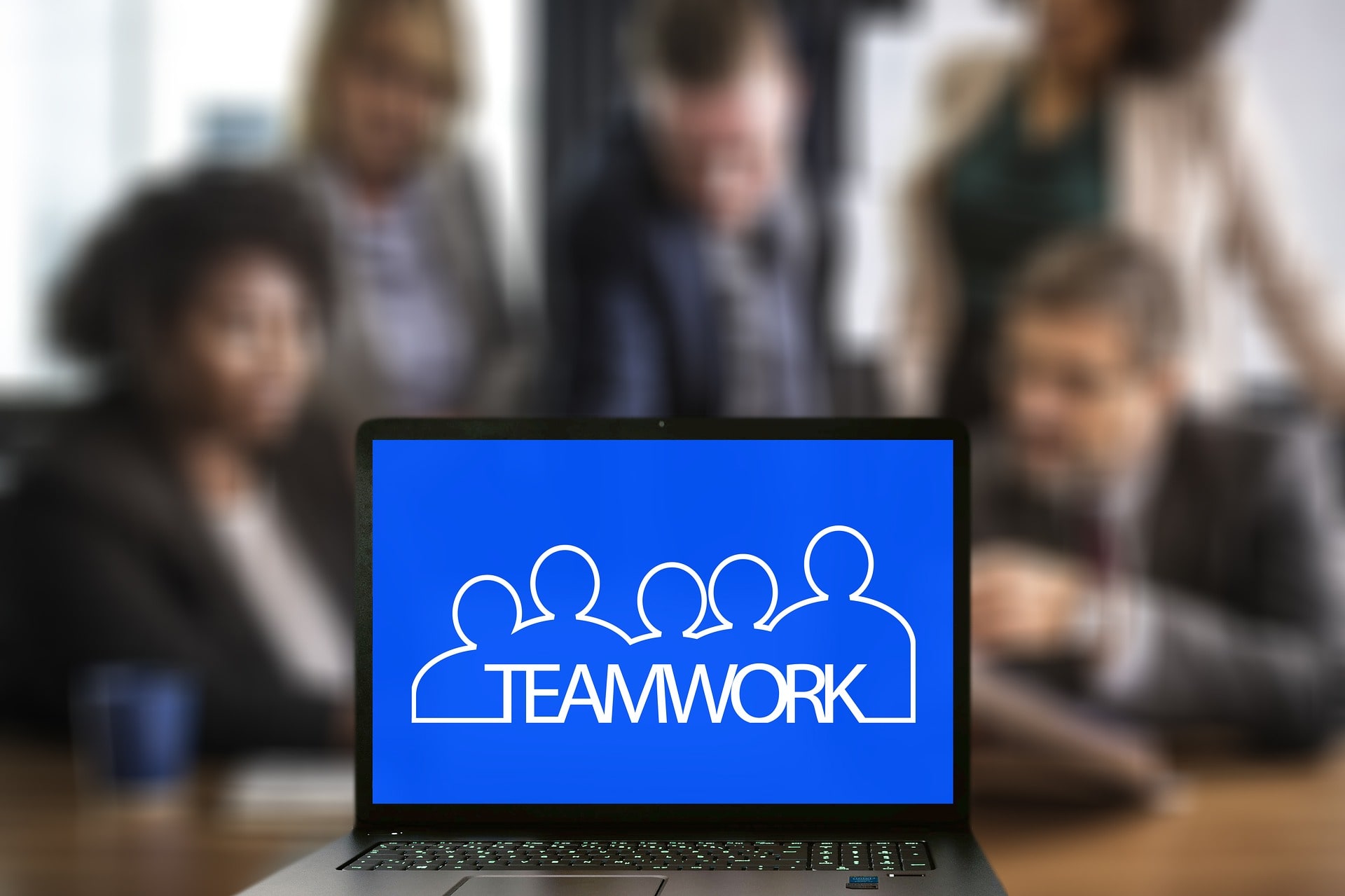Diversity & inclusion is a rising HR metric that will find its place in the top statistics of 2021. But this is much more than just a statistic on the paper. It is the heart of an organization and the principles it stands for. How the importance of diversity in the workplace is stressed upon also defines its work culture.
We live in the 21st century. Diversity comes in the form of a multigenerational workforce, a multi-ethnicity one, and more. It establishes a more inclusive environment, embracing the differences in employees. This in turn paves the path for a more positive work environment and helps the employees reach their maximum potential.
Cultural diversity in the workplace is an essential metric. In this blog, we will discuss why it is important and the factors that influence it.
What is Cultural Diversity?
The importance of cultural diversity in the workplace can be gauged by the definition of cultural diversity itself. It is a metric that ensures eligible people are a part of the workplace irrespective of parameters such as race, region, religion, gender, etc. It also ensures that there is equal representation of repressed sections.
Diversity drives innovation and enhances employee productivity. It combines various perspectives, many of which come from different cultures, making way for wider thoughts that form the basis for better ideas.
Maintaining culture and diversity at the workplace is not just a moral obligation. It has innumerable financial and productivity benefits as well.
What is the Difference Between Inclusion and Diversity?
Before delving into the benefits and importance of diversity in the workplace it is important to know that it is different from inclusion. Diversity refers to the differences in terms of various parameters such as race, age, gender, and more. It defines how an organization’s workforce is made. On the other hand, inclusion refers to how well the diverse people are represented and how is their presence acknowledged in the organization.
While diversity refers to the people, inclusion refers to their voices. Together they represent how well people are incorporated into the workplace.
What are the Different Types of Workplace Diversity?

Cultural diversity in the workplace comprises discriminated communities. The organization’s culture and diversity program should be created to address the same. Following are some of the different types of diversity that one can witness at a workplace:
Gender
This is perhaps one of the most common parameters while taking workplace diversity into account. For years, offices have been male-dominated. Over time, women have made their place there, although they sometimes do suffer discrimination even now, whether in terms of the pay scale or otherwise.
Religion
Religious diversity can be reached by being tolerant and cognizant of various beliefs, prayer schedules and even attires.
Generation
Many organizations, especially larger ones, have a multigenerational workforce, comprising people across various generations such as Boomers, Gen X, Millennials, and Gen Z. A workforce that boasts of a range of ages can be a healthy mix of experience and innovation.
Ethnicity
An organization that strives to expand globally can benefit a lot from being ethnically diverse. It is not only important from the perspective of opening offices across the world but also having employees who are able to to understand language and cultural barriers.
Race
People of color often experience a lot of discrimination, inside and outside of the workplace. When you create a work environment that is accepting of all, it has to be welcoming to people of different races as well. This includes giving them fair opportunities and compensation and not just the tokenism.
Disability
While crafting a cultural diversity policy, it is important to consider people with disabilities. There can be various forms of disabilities, but that does not stop people from gaining an education and carving a path for themselves. Your organization too should open avenues for them and take advantage of the varied skills they possess.
Sexual Orientation
Include LGBTQI strategies while creating your diversity policy. It is important to not only understand the various terms and communities within but be open to including all identities within. A person’s gender identity and sexual orientation is no parameter for professional ability.
13 Reasons that Emphasise the Importance of Diversity in the Workplace

Following are the reasons why having a culturally diverse workplace goes much beyond a moral obligation.
Why is Diversity Important?
Reason 1: Increased Productivity
How do you measure the efficiency of the employees and the effectiveness of their work? Through their productivity. Fostering cultural diversity in the workplace ensures that employees work better as a team. This enhances their productivity and leads to better results. Organizations that are culturally diverse also contribute to higher employee morale and boost their collective confidence. Further, the knowledge that they will only be judged on the basis of their work and no other superficial parameter pushes employees to do their best.
Why is Diversity Important?
Reason 2: Better Innovation
Globalization has transformed the way organizations work. Creativity is an important part of it. Innovation is merely an extension of creativity. While creativity refers to creating ideas, innovation is only done when those ideas are implemented. Cultural diversity in an organization ensures that there is ample creativity and a better arena for innovation.
Why is Diversity Important?
Reason 3: Reduction in Employee Turnover
An organization that encourages diversity and inclusion makes its employees feel more valued and accepted. This increases their loyalty towards the company and makes sure they stay, considerably reducing the employee turnover. A reduced turnover is also good for the organization’s reputation while hiring, making it a sought-after workplace.
Why is Diversity Important?
Reason 4: Connection to More Customers
If the organization depends on a wide pool of customers, having a diverse workforce helps. Hiring and including people from different walks of life ensures that they connect with similar people and convert them into potential customers of the business. Representation and inclusion matter. Further, with more information being accessible on the internet and social media being an open forum of discussion, nearly every person with a smartphone has a platform that helps them be more aware of their surroundings. Know that the customers are interested in how inclusive you are and that is a driving factor on whether or not they wish to spend money on your product or service.
Why is Diversity Important?
Reason 5: Encourages Different Perspectives
A diverse workforce brings to the fore different perspectives, each stemming from varied experiences and culture. The more varied the perspectives, the more innovative the strategies. Of course, this may lead to conflicts as well. But conflict is never the enemy, the way it is resolved is where genius lies.
Why is Diversity Important?
Reason 6: Increases Employee Engagement
The importance of cultural diversity in the workplace is also higher due to its contributions towards employee engagement. Inclusion refers to including the employees regardless of their differences and automatically translates into an engagement. Having more diverse employees at the workplace means having more ideas at work that stem not only from different minds but also from different experiences that come from different backgrounds. Employee engagement not only becomes more interesting but also contributes towards the organization’s growth in a more innovative manner.
Why is Diversity Important?
Reason 7: Encourages a Problem-Solving Attitude
Again, diversity encourages different perspectives. When presented with a problem, each employee approaches it in a different manner which can be influenced by their cultural backgrounds in addition to experience and education. This leads to multiple solutions to a single problem and sometimes even ingenious ones. Overall, diversity at the workplace encourages a multi-faceted problem-solving attitude.
Why is Diversity Important?
Reason 8: Bolsters the Company Reputation
Companies nowadays understand the importance of diversity in the workplace. The hiring practices are more diverse, with the departments being more open to bringing people from various backgrounds on board. While some time ago this may have been a formality to look good on the surface, organizations now actively seek out people belonging to various communities, in terms of race, gender, ethnicity, etc. This bolsters their reputation in the job market, with more and more people with open minds and brilliant ideas seeking such places to work and learn from.
Why is Diversity Important?
Reason 9: Better Financial Performance
As per the Diversity Matters report by McKinsey, organizations that are in the top quartile with respect to diversity (ethnic and racial) have nearly 35% more chances of getting returns that are well above their national industry medians. The more diverse the organization, the better its chances of performing financially.
Why is Diversity Important?
Reason 10: Promotes Adaptability
Organizations that encourage diversity have employees who are generally more flexible and adaptable. This is again because of the fact that diversity at the workplace always encourages an open mind, which further paves the way for better decision-making and planning.
Why is Diversity Important?
Reason 11: Closes the Talent Gap
The internet and social media have brought the world closer. All information is accessible now and discrimination is heavily frowned upon. Millennials and Gen Z in particular are interested in being a part of companies that have a firm diversity and inclusion policy in place. This helps close the talent gap when the organization starts hiring, giving it access to a wider pool of candidates.
Why is Diversity Important?
Reason 12: Fights Bias
The main purpose of having a diversity and inclusion policy in place is to remove any kind of bias within the organization. People from homogenous backgrounds may harbor an unconscious bias on the basis of race, gender, religion, and more. A more diverse workplace atmosphere tackles this issue by discouraging discrimination and fights biases at the same time ensuring that no one’s voice remains unheard.
Why is Diversity Important?
Reason 13: Improves Company Culture
A diverse workplace is a happy workplace because it is open to people of all cultures and backgrounds and ensures that their voices are heard is good to work at. It fosters a culture of adaptability and acceptance, with people being more tolerant towards each other’s beliefs and using it to create high performing teams.
Brands that Establish the Importance of Diversity in the Workplace

Want to know the secrets behind the success of some of the biggest brands? Culture and diversity is one of them. This is the HR metric that helps them helm some of the most inclusive campaigns and also helps them foster a better work environment. So, let’s take a look at a few of them.
Johnson & Johnson
Johnson & Johnson’s policy starts with their recruitment and continues in their interviews as well. In fact, it works with the prestigious Harvard University and provides training to its managers to fight unconscious bias.
In a monumental move, the CEO of the company stepped down from the company board and requested to give his position to a person of color, specifically, a black person. The CEO in question was Alexis Ohanian and the year was 2020. This is a perfect example of leading by example when it comes to establishing the importance of diversity in the workplace.
Kellogg
Kellogg stands at no. 21 in the ‘Top Companies for Diversity’ list by DiversityInc. In fact, as compared to the national average, it has a third more women filling the top management positions. And mind you, this is not just tokenism. Because women are leading and making the decisions that are responsible for the growth of the brand.
Nike
Another brand that is leading by example when it comes to cultural diversity is Nike. It is one of the very few companies that have started giving a paid company holiday to mark Juneteenth, the day that marks the end of slavery in the USA.
Why Foster Cultural Diversity in the Workplace?
70% of the diverse organizations are in a better position to capture the markets.
We can keep going on, the result would be the same. Culturally diversity is no longer a moral mandate. It is the backbone of a healthy corporation that paves the way for a healthier work environment, happier teams, and better productivity. Culture and diversity is not a trend. It is here to stay. Are you making way for it in your organization?



